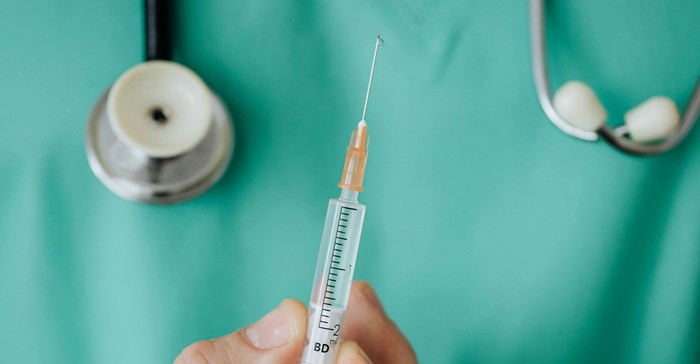
Related

HIV funding still falls short of targets after pledges: what’s at stake
Melanie Bisnauth 5 Jan 2026

Novartis' new drug more than 97% effective at treating malaria
Jennifer Rigby 13 Nov 2025




Top stories






More news
















Vaccinations are taking place across 42 health districts, chosen in order to give the most vulnerable children with the highest transmission and mortality rates in the country an opportunity to be protected from the devastating disease.
Aurélia Nguyen, chief programme officer at Gavi, the Vaccine Alliance comments on this milestone: “Malaria claims too many lives each year, more than half a million children under five in Africa alone.
“Today represents a historic milestone as we will finally be able to offer a new tool in the fight against a disease that has impacted the African continent most of all, accounting for 95% of all deaths globally.
“Now, Cameroon will become the first country in the world to begin routine malaria vaccinations. It will introduce the RTS,S vaccine in 42 districts, those with populations at highest risk. The shots will be available to all eligible children who come into clinics.
“In a country where malaria cases and deaths have been rising since 2017, and nearly 30% of all hospital consultations are malaria-related, this is significant: vaccination will save lives, and provide major relief to families and the country’s health system.”
Across the continent, around 20 countries have plans to introduce malaria vaccines this year to reach a total of over 3 million children. Some have already received shipments of doses.
“Introducing the vaccine in that many countries in 2024 will depend on when the second WHO-prequalified malaria vaccine is available and countries’ levels of preparedness,” says Nguyen.
Overall, more than 30 African countries have expressed interest in a routine malaria vaccination programme.
Adds Nguyen, “Malaria vaccination has been a long time coming. As an Alliance, we have invested in studies and pilots, and sent powerful market signals to manufacturers, all to expedite this moment: approved vaccines available, and getting to those who need them most.
“Alongside supplying vaccines and supporting vaccination activities, we have also worked with partners including the Global Fund to make sure vaccination is delivered as part of a package of essential interventions such as bednets.
“Finally, I will say: while Gavi is fully funded for its current strategic period, which ends in 2025, we must make sure financing is in place for our next five-year period, from 2026-2030 – so that this vital work can continue in the future.”